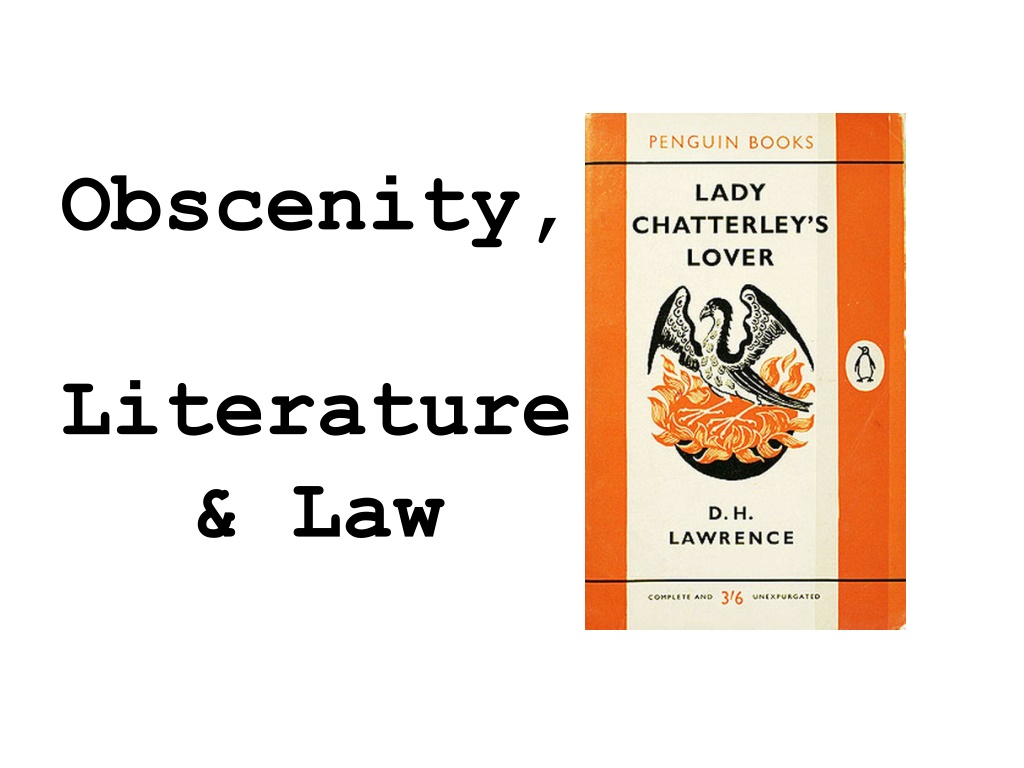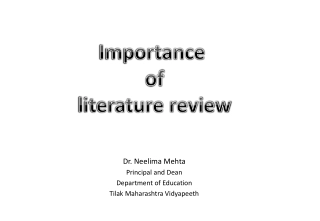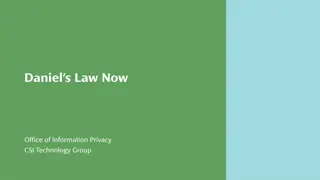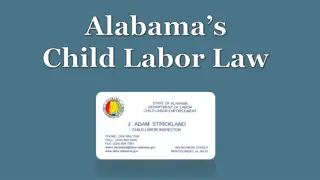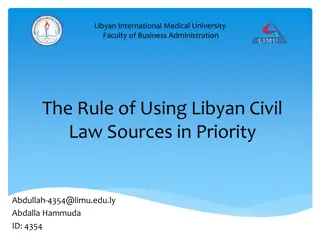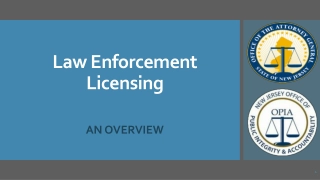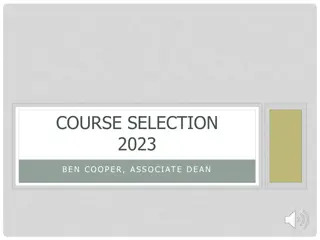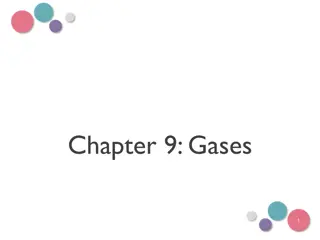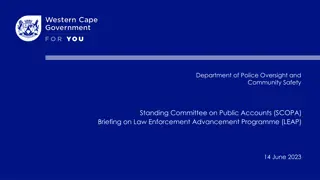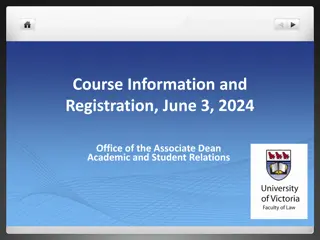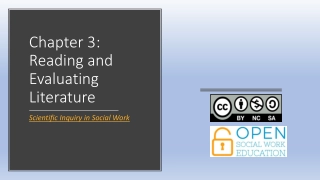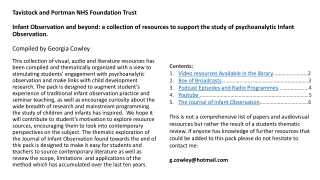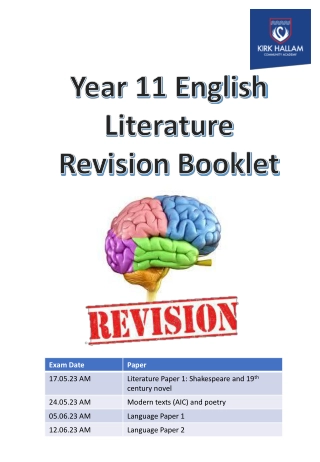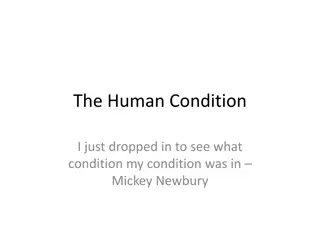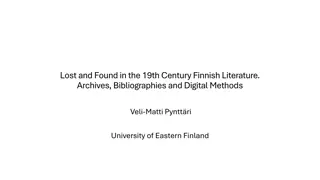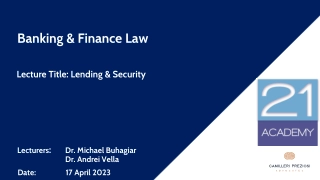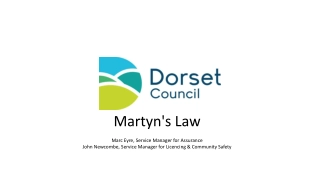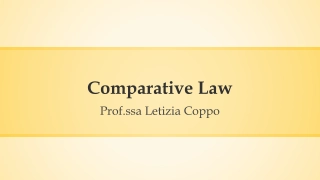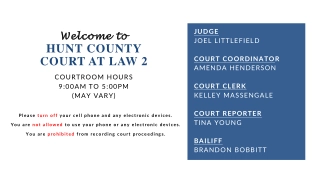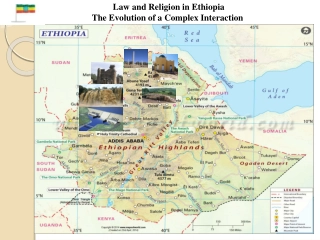Obscenity, Literature & Law
Delve into the interplay between obscenity, literature, and law, tracing the history of censorship in English law, landmark cases like the Lady Chatterley Trial, and the contemporary landscape of obscenity in legal frameworks. Discover the nuances of freedom of expression, diverse authorship in literature and law, and the repression of sex within societal constructs. The discourse extends to examining the right to freedom of expression as enshrined in international treaties like the UDHR and ECHR, emphasizing the delicate balance between individual liberties and societal responsibilities.
Download Presentation
Please find below an Image/Link to download the presentation.
The content on the website is provided AS IS for your information and personal use only. It may not be sold, licensed, or shared on other websites without obtaining consent from the author. Download presentation by click this link. If you encounter any issues during the download, it is possible that the publisher has removed the file from their server.
Presentation Transcript
Obscenity, Literature & Law
Outline 1. History of censorship in English Law 2. Freedom of Expression, The Handyside Case 3. Obscene Publications Act 1959 4. The Lady Chatterley Trial: R v Penguin 5. Obscenity in contemporary law 6. Prison biographies about murder
Literature and Law Authorship Diversity of authorship Judgment as a Literary Genre How to read a judgment Re-writing judgments Writing Back
1. History of obscenity in English Law Obscene Publications Act 1857 The Hicklin test Obscene Publications Act 1959 R v Penguin
Repression of Sex If sex is repressed, that is, condemned to prohibition, nonexistence, and silence, then the mere fact that one is speaking about it has the appearance of a deliberate transgression. A person who holds forth in such language places himself to a certain extent outside the reach of power. Michel Foucault, The History of Sexuality Vol.1, p. 6
2. Freedom of Expression Everyone has the right to freedom of opinion and expression; this right includes freedom to hold opinions without interference and to seek, receive and impart information and ideas through any frontiers. Article 19 UDHR 1948 media regardless of
Article 10 ECHR: Right to Freedom of Expression (1) Everyone has the right to freedom of expression. This right shall include freedom to hold opinions and to receive and impart information and ideas without interference by public authority and regardless of frontiers. This Article shall not prevent States from requiring the licensing of broadcasting, television or cinema enterprises. (2) The exercise of these freedoms, since it carries with it duties and responsibilities, may be subject to such formalities, conditions, restrictions or penalties as are prescribed by law and are necessary in a democratic society, in the interests of national security, territorial integrity or public safety, for the prevention of disorder or crime, for the protection of health or morals, for the protection of the reputation or rights of others, for preventing the disclosure of information received in confidence, or for maintaining the authority and impartiality of the judiciary.
What are the limits to freedom of expression?
What are the limits to freedom of expression? 1. National security 2. Fair administration of justice 3. Protection of reputations 4. Protection of personal privacy 5. Obscenity 6. Protection of religious beliefs
Freedom of Expression, The Handyside Case These observations apply, notably, to Article 10 para. 2 (art. 10-2). In particular, it is not possible to find in the domestic law of the various Contracting States a uniform European conception of morals. The view taken by their respective laws of the requirements of morals varies from time to time and from place to place, especially in our era which is characterised by a rapid and far-reaching evolution of opinions on the subject. By reason of their direct and continuous contact with the vital forces of their countries, State authorities are in principle in a better position than the international judge to give an opinion on the exact content of these requirements as well as on the "necessity" of a "restriction" or "penalty" intended to meet them
3. Obscene Publications Act 1959 Two stages 1) Test of Obscenity s 1(1): An article shall taken to be obscene if its effect taken as a whole such as to tend to deprave and corrupt persons who are likely, having regard to all relevant circumstances, to read, see or hear the matter contained or embodied in it Prosecution must prove beyond reasonable doubt 2) Defence of public good s 4(1): a person shall not be convicted of an offence if it is proved that publication of the article in question is justified as being for the public good on the ground that it is in the interests of science, literature, art or learning, or of other objects of general concern. Defence must prove on balance of probabilities
1) Test of Obscenity s 1(1): 1. Article 2. Taken as a whole 3. To deprave and corrupt 4. Persons who are likely to read, see or hear the matter contained or embodied in it Jury must decide beyond reasonable doubt
Meaning of Deprave and corrupt To deprave means to make morally bad, to pervert, to debase or corrupt morally. To corrupt means to render morally unsound or rotten, to destroy the moral purity or chastity, to pervert or ruin a good quality debase, to defile R v Penguin Books Ltd [1961] Crim LR 176 at 177 It is not sufficient that an article be filthy, loathsome or lewd 1. Sexual 2. Encourage experimentation with drugs: John Calder (Publications) Ltd v Powell [1965] 1 QB 509 3. Tends to induce violence: DPP v AB and C Chewing Gum [1968] 1 QB 159
John Calder (Publications) Ltd v Powell [1965] 1 QB 509 Cain s Book The book the less said about it the better concerned the life, or imaginary life, of a junkie in New York, and the suggestion of the prosecution was that the book highlighted, as it were the favourable effects of drug-taking and so far from condemning it, advocated it, and that there was a real danger that those whose hands the book came might be tempted at any rate to experiment with drugs and get the favourable sensations highlighted by the book Lord Parker at 515
2) Defence of public good s 4(1) for the public good on the ground that it is in the interests of science, literature, art or learning, or of other objects of general concern. Direction to Jury Balance between 1. Depravity and Corruption The number of readers they consider would tend to be depraved or corrupted Strength of the tendency to deprave and corrupt Nature of depravity 2. Literary, Sociological or Ethical Merit
4. The Lady Chatterley Trial: R v Penguin [1961] Crim LR 176 Key turning point in the history of obscenity Role of that class played in the trial: Justice Lady Chatterley transgress class distinctions Justice Byrne s summing up mentions the price of the book says: but shall I say high pocket- money to younger members of the community are the order of the day, 3s 6d, you might think, would be putting this book within the grasp of a vast mass of the population
5. Obscenity in contemporary law CPS Guidelines: Often used to prosecute pornography Bestiality Realistic portrayals of rape Sadomasochism goes beyond trifling injury Torture with instruments Bondage Dismemberment or graphic mutilation Activities involving perversion or degradation Fisting
Principle Factors Influencing Prosecution Degree and type of obscenity and form of presentation: impact of print may be less than film Type and scale of any commercial venture Publication made to a child or vulnerable adult Likely to be accessed by children Material can be readily seen by the general public easily accessible to children Defendant s previous convictions
Should the Obscene Publications exclude literature outright?
6. Prison biographies: Freedom of expression or obscenity? Should prisoners who are in jail for serious crimes such as murder and rape be able to publish literature on the crimes they committed?
7. Discussion about Lady Chatterleys Lover: R v Penguin
Justice Byrnes Summary of the Novel The Judge attempted to summarise the plot of the novel, he said: Is it right to say that the story is the story of a woman who first of all, before she is married, has sexual intercourse and then, after marriage, when her husband has met with disaster in the war and has become confined to a wheelchair, paralysed from the waist downwards, after marriage, she living with her husband in this dreary place of Wragby (I think it was called), commits adultery on two occasions with somebody called Michaelis while her husband is downstairs in the same house, and then proceeds to have adulterous intercourse with her husband s gamekeeper? And that is described it is for you to say; if you do not agree with what I am saying now you will pay no attention to it that is described in the most lurid way, and the whole sensuality and passion of the various pieces of sexual intercourse is fully and completely described. (231) Do you agree with this summary? Is anything missing? How would you summarise the novel? What does his summary tell us about him?
Christopher Hilliard What is implied by Griffith-Jones for the prosecution asking whether the novel was a book that you would ever wish your wife or your servants to read ? How would you respond to this? What does it tell us about the barrister for the prosecution? Why were women, young people, the working classes considered intellectually and morally fragile and vulnerable?
